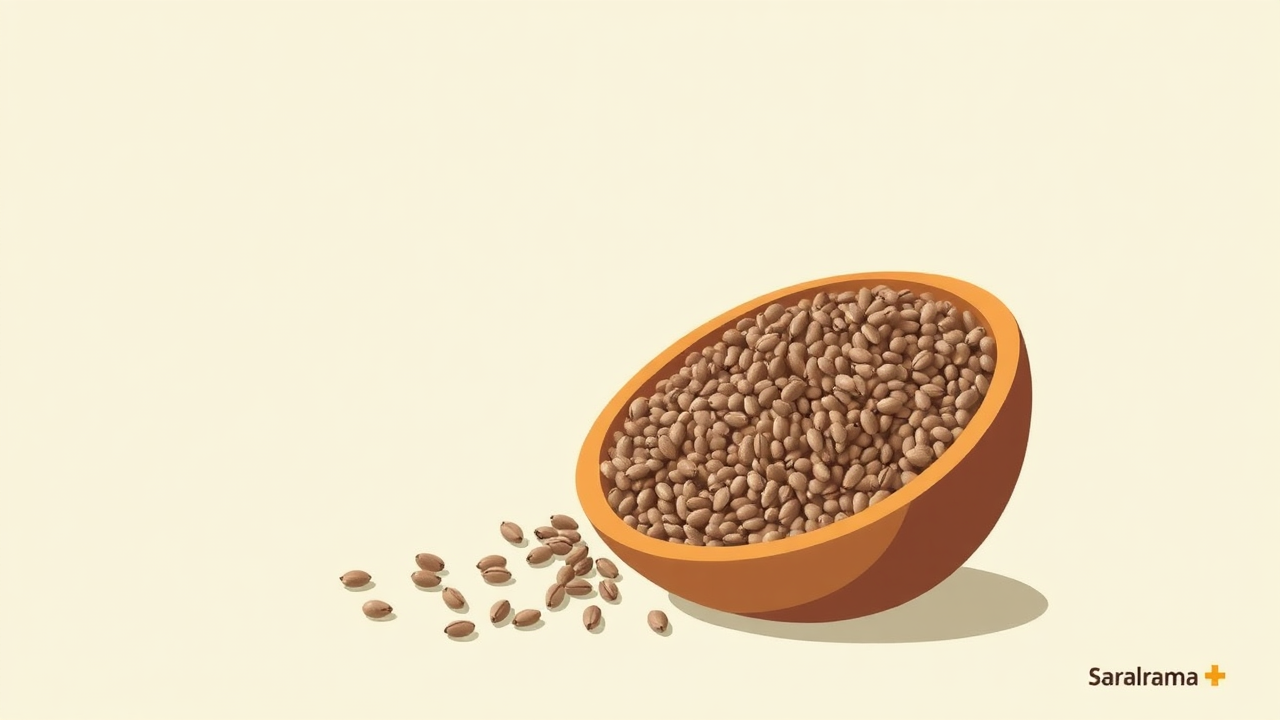Chia seeds are widely praised for their health benefits. They contain high amounts of fibre, omega-3 fatty acids, antioxidants, and essential nutrients that support gut health, regular bowel movements, and metabolism. Eating them on an empty stomach can aid digestion and provide lasting energy. However, these tiny seeds are not suitable for everyone. Certain individuals need to exercise caution due to existing health conditions or sensitivities. According to a consultant gastroenterologist from Fortis, Bengaluru, five specific groups of people should be careful when consuming chia seeds. These include those with digestive troubles, low blood pressure, individuals on blood-thinning medication, people with certain seed allergies, and those suffering from kidney problems. While chia seeds are generally safe in moderate amounts—typically 1-2 teaspoons daily—it is important to start slowly, drink plenty of water, and monitor your body's response to avoid unwanted side effects.

Who Should Avoid or Limit Chia Seeds
People with gas, bloating, or digestive issues should be cautious because chia seeds are very high in fibre, which can cause discomfort, especially in large amounts or on an empty stomach. Those with low blood pressure may experience dizziness or weakness, as chia seeds contain alpha linoleic acid and potassium that further lower blood pressure. Individuals on blood thinners should limit intake since excessive omega-3 can worsen bleeding. If you have allergies to sesame, mustard, or flax seeds, watch for cross-reactions like itching, redness, or breathing problems. People with kidney issues need to be careful because chia seeds contain phosphorus and potassium, which can be harmful in large quantities. Always start with small amounts and stay well-hydrated throughout the day.
Source: Link
